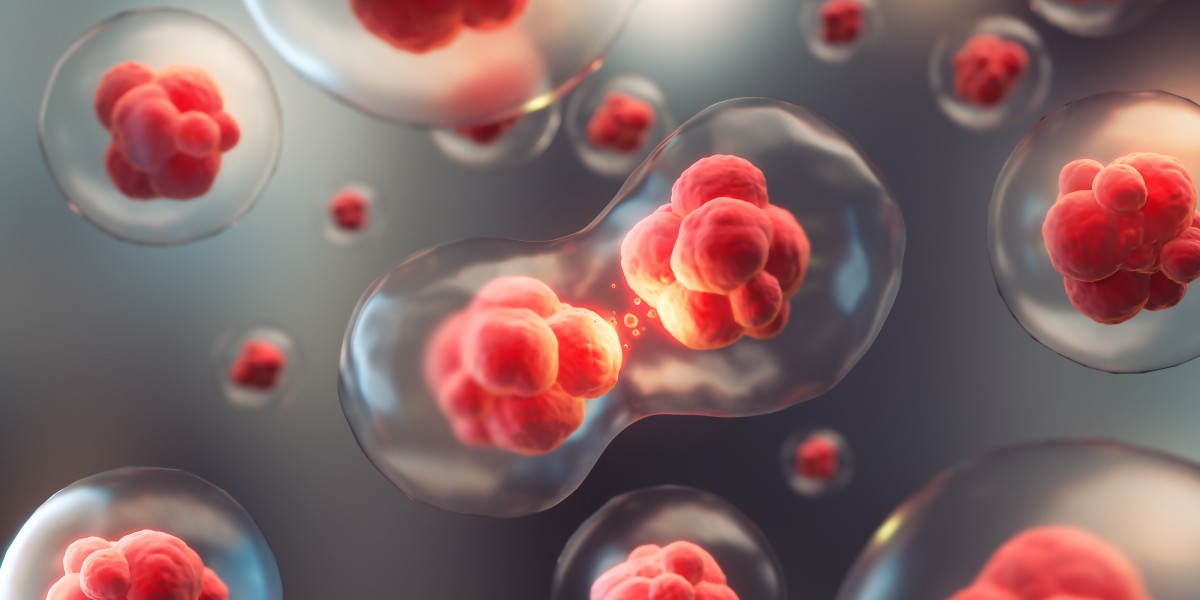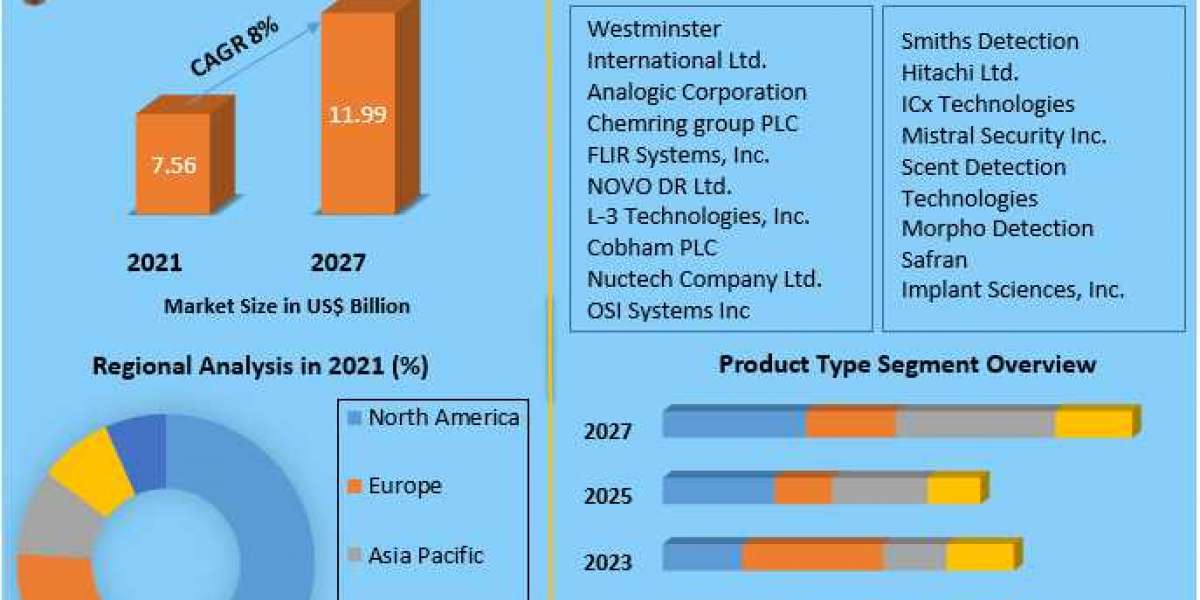In the ever-evolving landscape of regenerative medicine, induced pluripotent stem cells (iPSCs) have emerged as a beacon of hope, offering unprecedented opportunities to revolutionize healthcare. These remarkable cells, with their ability to differentiate into various cell types, hold immense promise for the treatment of a wide range of diseases and injuries. Today, let's delve into the latest trends and opportunities shaping the global induced pluripotent stem cells arena and explore how these innovations are paving the way for transformative therapies.
Harnessing the Power of Cellular Reprogramming
At the heart of the regenerative medicine revolution lies the concept of cellular reprogramming. Induced pluripotent stem cells are generated by reprogramming adult cells, such as skin cells or blood cells, to revert to a pluripotent state. This process not only circumvents the ethical concerns associated with embryonic stem cells but also enables the creation of patient-specific iPSC lines, laying the foundation for personalized regenerative therapies. Recent advancements in reprogramming techniques, including the development of non-integrating reprogramming methods and the optimization of differentiation protocols, have accelerated the pace of iPSC research and expanded the scope of potential applications.
Unleashing the Potential of Disease Modeling
One of the most exciting applications of Global Induced Pluripotent Stem Cells is in disease modeling. By generating iPSCs from patients with genetic disorders or complex diseases, researchers can recreate the pathophysiology of these conditions in a laboratory setting. This allows for the study of disease mechanisms, drug screening, and the development of patient-specific treatment strategies. With the advent of high-throughput screening technologies and the growing availability of patient-derived iPSC lines, the field of disease modeling is poised for rapid expansion, offering new insights into the underlying causes of various ailments and driving the discovery of novel therapeutics.
Advancing Toward Personalized Therapies
Personalized medicine, tailored to individual patients based on their unique genetic makeup and disease characteristics, is increasingly becoming a reality thanks to induced pluripotent stem cells. By differentiating iPSCs into specific cell types relevant to a patient's condition, such as neurons for neurological disorders or cardiomyocytes for heart disease, researchers can create personalized models for drug testing and therapy development. This approach holds tremendous potential for improving treatment outcomes and reducing the risk of adverse reactions, ultimately leading to more effective and safer therapies for patients worldwide.
Navigating Regulatory and Ethical Considerations
While the potential of induced pluripotent stem cells is vast, navigating regulatory and ethical considerations remains a critical challenge. Ensuring the safety and efficacy of iPSC-based therapies requires robust regulatory frameworks and rigorous clinical testing. Additionally, ethical concerns surrounding the use of human-derived cells and the potential for commercial exploitation must be addressed transparently and responsibly. Collaborative efforts between researchers, clinicians, policymakers, and industry stakeholders are essential to establish guidelines that safeguard patient welfare while fostering innovation in the field of regenerative medicine.
Looking Ahead: Opportunities on the Horizon
As we look to the future, the opportunities presented by induced pluripotent stem cells are boundless. From regenerative therapies for degenerative diseases to personalized treatments for cancer and beyond, iPSCs hold the key to unlocking a new era of healthcare innovation. By embracing emerging technologies, fostering interdisciplinary collaborations, and prioritizing patient-centered research, we can harness the full potential of induced pluripotent stem cells to address some of the most pressing medical challenges facing humanity.
The field of induced pluripotent stem cells represents a frontier of innovation in regenerative medicine, offering hope for millions of patients worldwide. As we continue to explore the vast potential of iPSCs and translate scientific discoveries into clinical applications, we move closer to realizing the promise of personalized, effective, and accessible healthcare for all.



